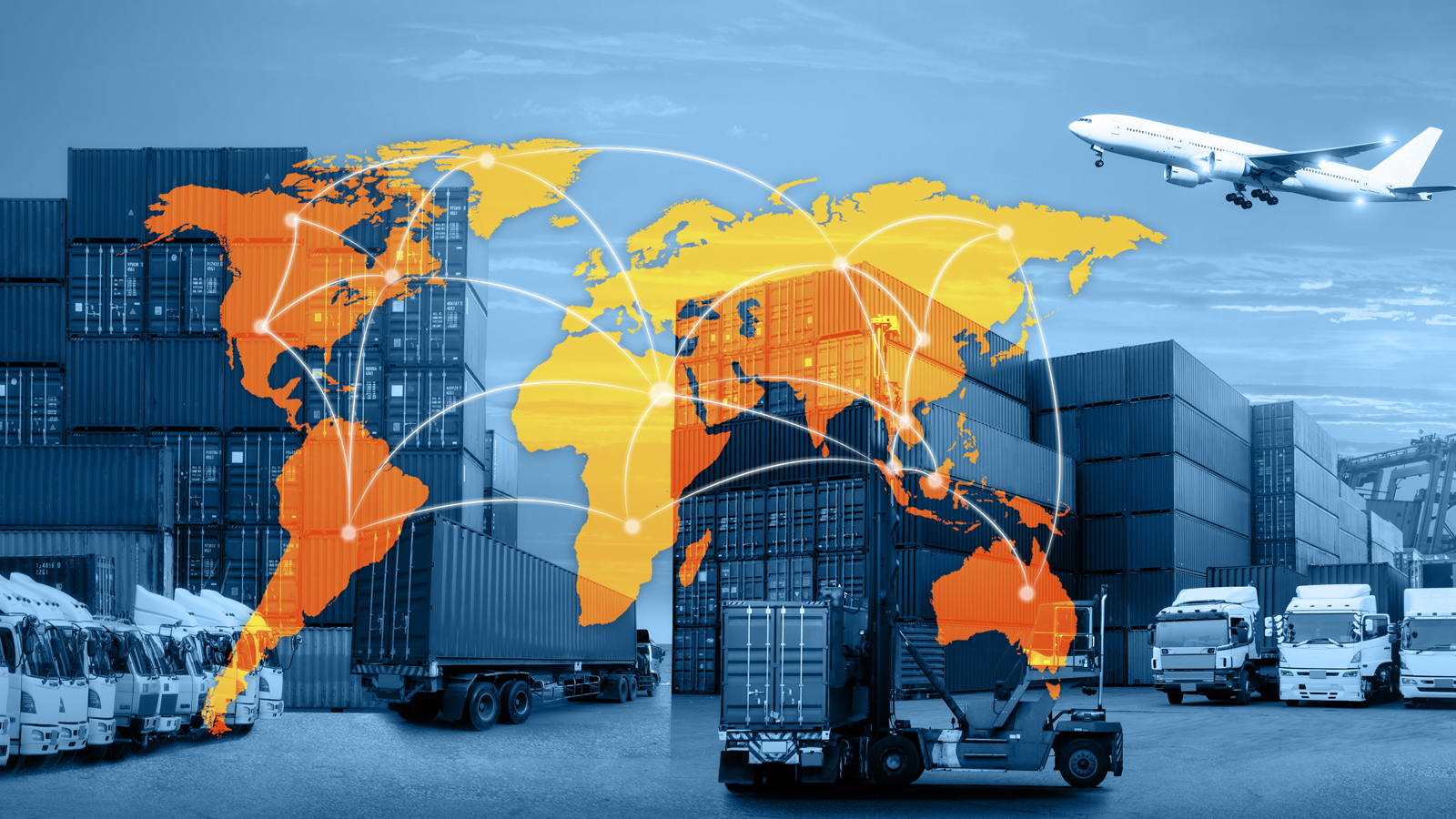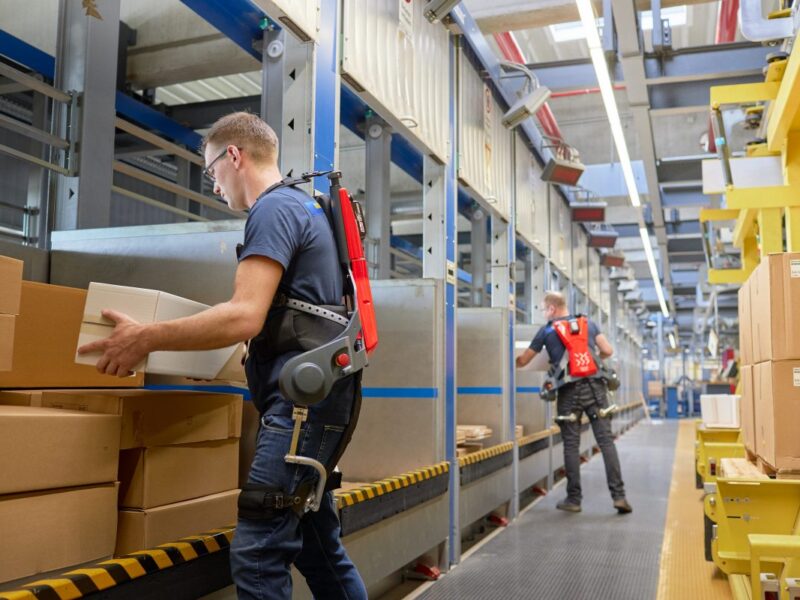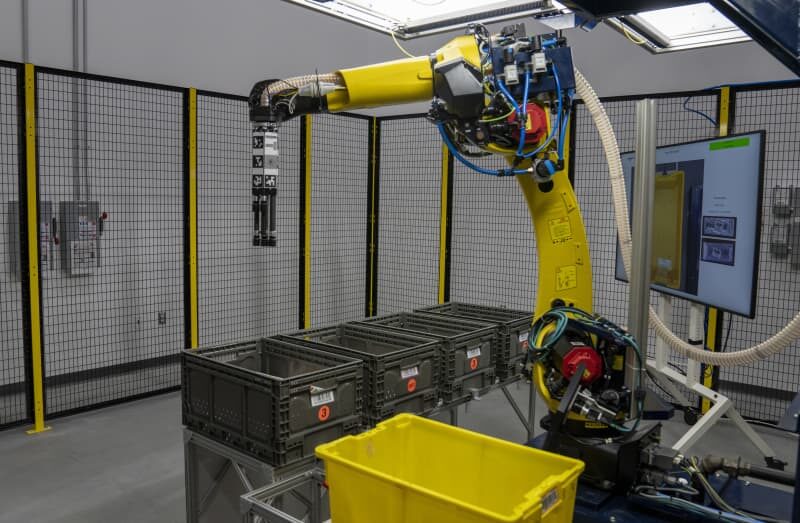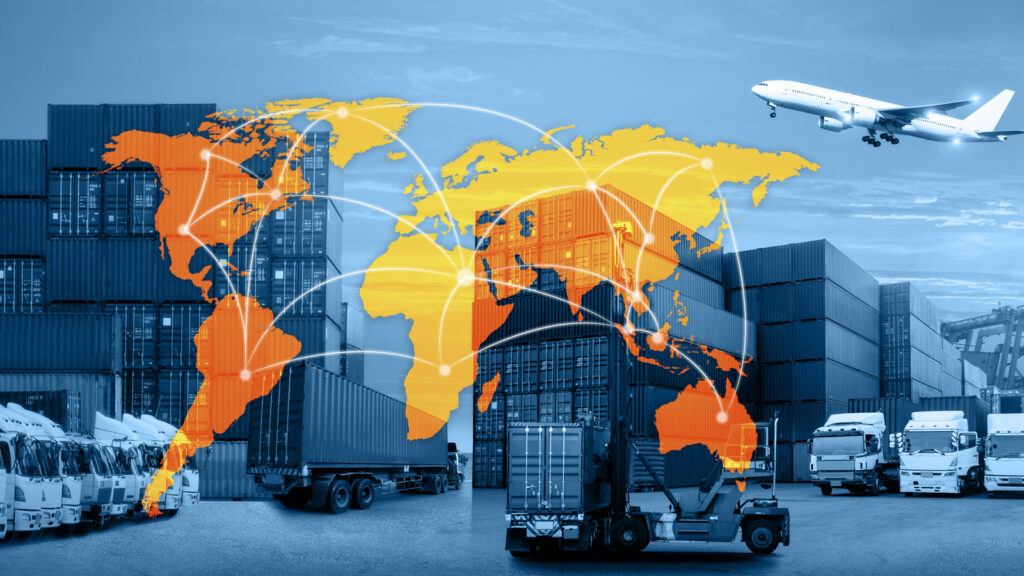
When it comes to air freight, it has benefited from the increased demand for masks and vaccines, but it has also suffered significantly due to border closures and a decrease in overall demand and production stoppages. This led to an increase in the cost of freight transportation, and there were few options that quickly and urgently transport goods over long distances.
Impact on maritime transportation
Many ports were closed for work and shipping. Italian ports were also closed when the large-scale coronavirus outbreak began. The Hamburg-based Container Xchange reported a shortage of freight containers in Europe, and Chinese shipping companies, on the contrary, have accumulated mountains of containers. Accordingly, rising transportation prices and a shortage of empty containers have become commonplace in Germany.
Impact of Covid-19 on rail freight transport
Rail freight, unlike maritime freight, has hardly suffered any problems from the pandemic. Rail traffic has solved many of the problems faced by other carriers and companies. Trucks were sometimes caught in traffic jams, and Deutsche Bahn helped by providing trucks to transport food for shops and supermarkets.
New rail transport services
When borders were closed in Europe, the situation played in favor of rail transport. One of the biggest services was DB Cargo’s single wagon service. It is unique in the whole Europe and is used for transportation of even small consignments by rail.
What are the advantages of rail transportation?
Other advantages are that the railway can transport large volumes without contact and over long distances. This can significantly reduce the amount of manpower required and stabilise routes across Europe.
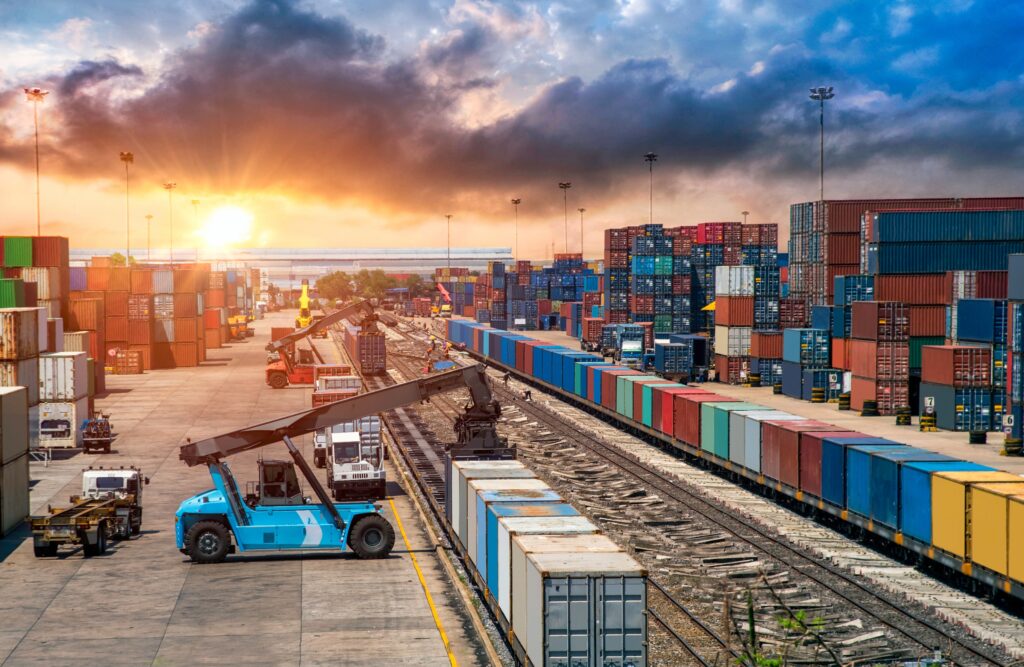
The pandemic has also left its mark on the largest European freight transport companies. Many customers have switched from the automotive and steel industries – two sectors whose revenues plummeted in the spring and this has had further consequences for logistics providers. Companies that do not produce anything have nothing to transport.
This is why DB Cargo ensures stable supply chains
60% of all DB Cargo freight trains cross at least one border. The trains require fewer customs procedures and coronavirus tests and, accordingly, the railways do not experience congestion at borders. A freight train can replace up to 52 trucks, which means one coronavirus test instead of 52. DB Cargo can quickly organise a replacement train driver at the border if the need arises. These advantages support the stability of rail supply chains.
